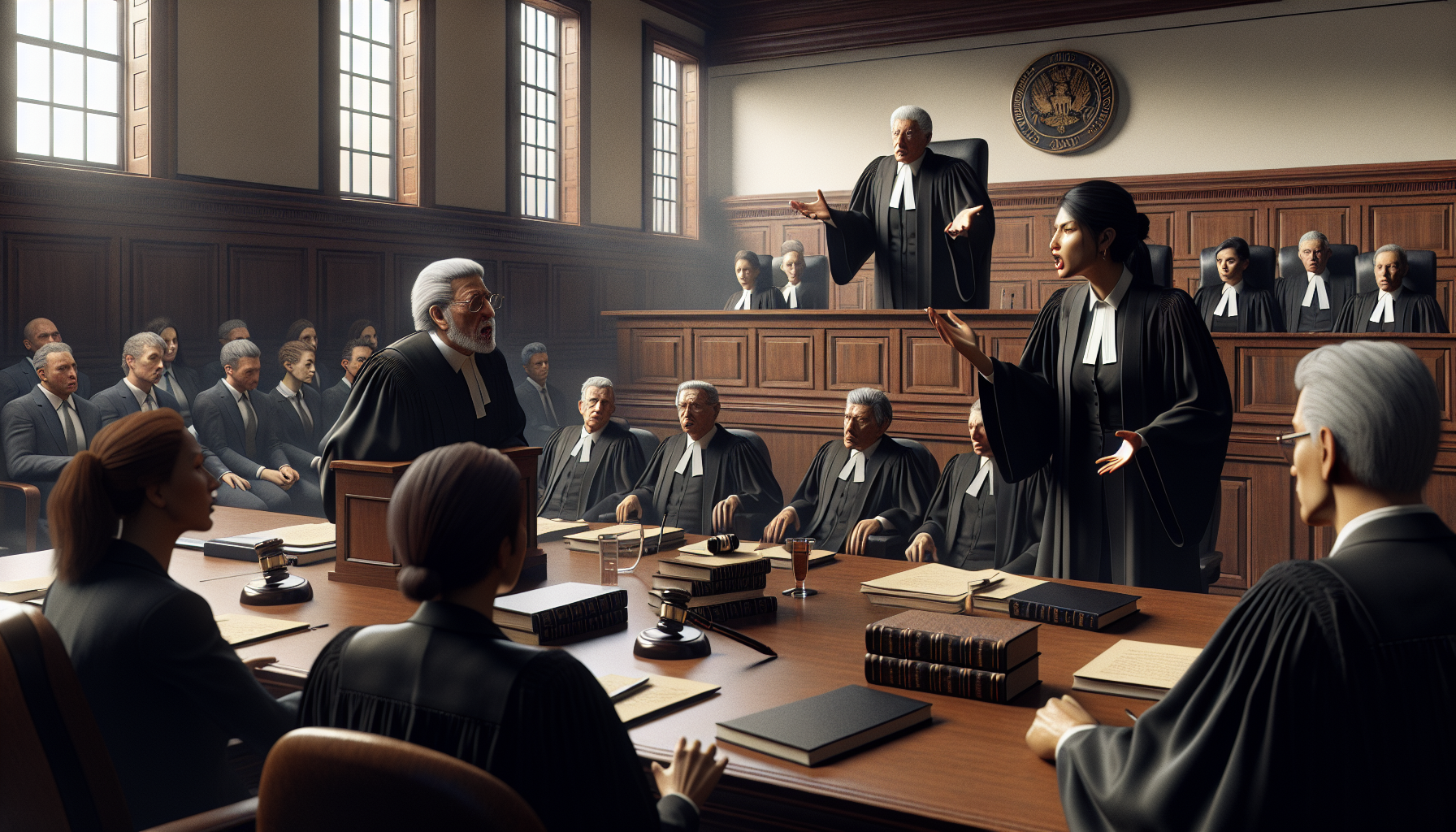In closing arguments at the Judicial Conduct Tribunal on 21 October 2025, advocates clashed over allegations of sexual harassment against Eastern Cape Judge President Selby Mbenenge by former court secretary Andiswa Mengo. The tribunal chair, retired Judge Bernard Ngoepe, questioned women's power in relationships, while Mengo's lawyer argued the conduct showed abuse of authority. Judgment has been reserved.
The Judicial Conduct Tribunal in Johannesburg heard closing arguments on Tuesday, 21 October 2025, in the sexual harassment case against Eastern Cape Judge President Selby Mbenenge, brought by former court secretary Andiswa Mengo. Mbenenge has denied the charges, maintaining that his interactions with Mengo were consensual and rooted in Xhosa cultural practices.
Advocate Nasreen Rajab-Budlender, representing Mengo, urged the tribunal to find Mbenenge guilty of sexual harassment and gross misconduct. She highlighted that Mbenenge bombarded Mengo with sexually suggestive WhatsApp messages and requests for naked photographs from the outset, despite Mengo rejecting him more than 13 times. "In Mbenenge’s case, there were no circumstances in which it was appropriate for him to engage in the manner in which he did," Rajab-Budlender said. She dismissed the cultural defense as an afterthought and emphasized the power imbalance in the workplace, noting that the Employment Equity Act applies even without direct employment ties.
Rajab-Budlender referenced a Judges Matter report showing 43% of women in South Africa's legal profession experienced sexual abuse, with 25% considering leaving. "This complaint is important because it is not about only Ms Mengo and JP Mbenenge. How this tribunal assesses this will likely determine whether women with legitimate claims come forward in future," she added.
Evidence leader Salome Scheepers described the case as reflecting dynamics of dominance and control. "It often occurs in environments where one individual wields significant authority over another," she told the panel.
Mbenenge's counsel, Advocate Muzi Sikhakhane, argued the conversations were consensual and warned against a bad precedent based on speculation. "Nobody must be sexually harassed, but nobody must be falsely accused of sexual harassment by two adults who may have changed their mind post-factual," he said.
Tribunal chair Bernard Ngoepe interjected with views on gender power dynamics, stating women hold "absolute power" by God or nature to control access to their hearts, likening it to no duplicate key even for a Mercedes. He questioned gender expert Dr. Lisa Vetten's testimony on power relations, drawing analogies to marriage proposals and international leaders like Zelensky and Trump. Rajab-Budlender countered that the context was a workplace hierarchy, not romance, and rejected notions of a "perfect victim."
The tribunal, chaired by Ngoepe, has reserved judgment for submission to the Judicial Service Commission.

